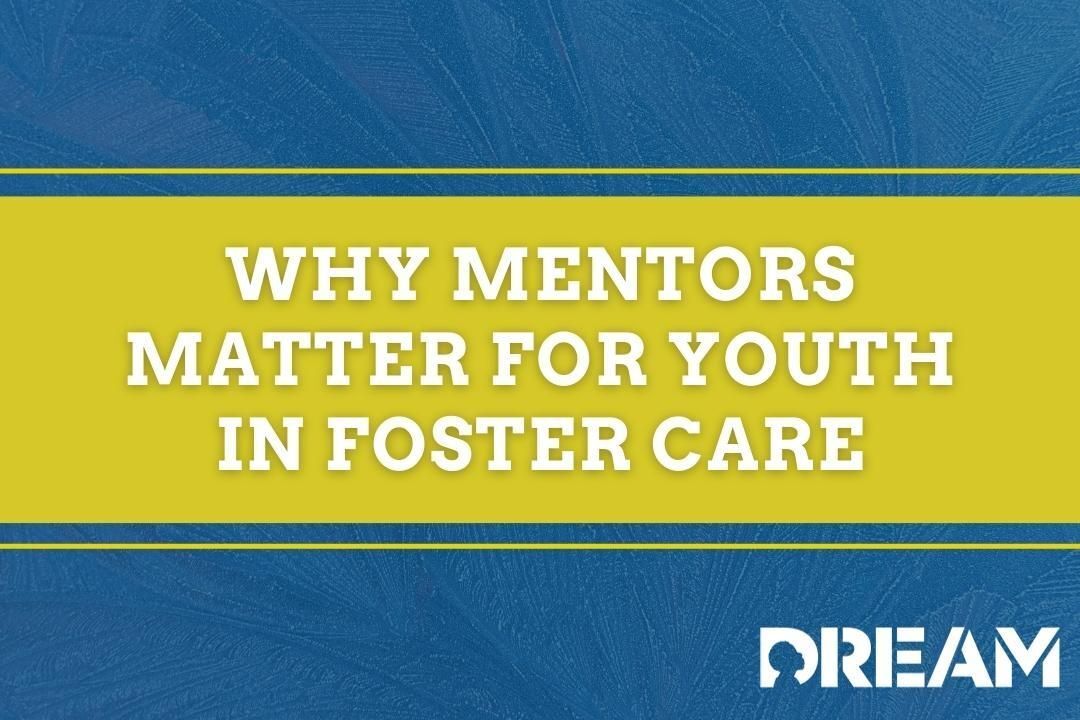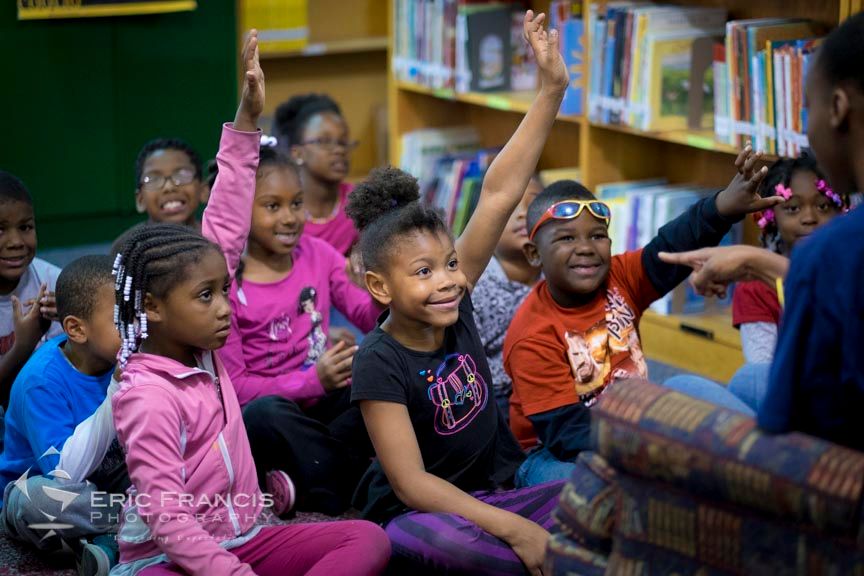
Mentoring programs for youth at risk can be the most important and meaningful thing they experience in their lives. It is likely that several youth in your area are currently involved in the foster care system, making them especially vulnerable. Mentoring a child in foster care doesn’t mean they need to be treated any differently than other kids; they both need someone to count on to be a consistent friend. However, children in foster care often find themselves in short-term placements, placements that didn’t work out, or bouncing from one foster care family to another.
DREAM puts an emphasis on ensuring at risk youth don’t feel alone and that they have someone who cares. Oftentimes, youth in the foster care system are having a hard time dealing with trauma, and some may have even experienced abuse. They’re truly just like all other kids trying to have fun and play. Having a mentor in their life can improve their outlook, give them the support they need, and push them towards their goals.
Why it’s especially important for fostered youth to have a mentor
Jumping around from home to home puts a lot of pressure on youth, and it’s necessary for them to have at least one consistent thing in their life. A mentor can provide them with the support they might not have from parents and siblings. Kids need a role model who can encourage them to stay positive and achieve their goals.
Children in foster care have to make “adult decisions” at a young age. Having someone to listen to them, show them love, and be on their side is more impactful than we might think. Because of these experiences, they may need help building their life skills; building and keeping relationships might be difficult for them. Mentors can lead by example and help them become the best version of themselves, regardless of what they’ve been through.
Benefits of mentoring programs for youth at risk
Youth mentoring programs have several benefits. They can help foster kids feel like they belong, giving them the sense of belonging they might have been missing out on. Learning how to communicate might also be something at risk youth struggle with, and gaining these skills can benefit them in the long run. Having someone to encourage them to stay in school encourages them to work towards academic success.
Something mentoring programs for youth at risk also do is give kids resources they need to set goals and improve their self-confidence. Sometimes having someone who cares about their future is all they need to improve their outlook on life. What’s also important is mentoring lessens the likelihood of risky behaviors that at risk youth might turn to in times of trouble; mentoring gives them something to do other than alcohol, drugs, or engaging in activities that could lead to teen pregnancy.
Mentoring doesn’t fix everything, but has proved to make a difference in the life of at risk youth. DREAM is here to help them reach their full potential. If you’re interested in mentoring or volunteering with DREAM, reach out to us today.


